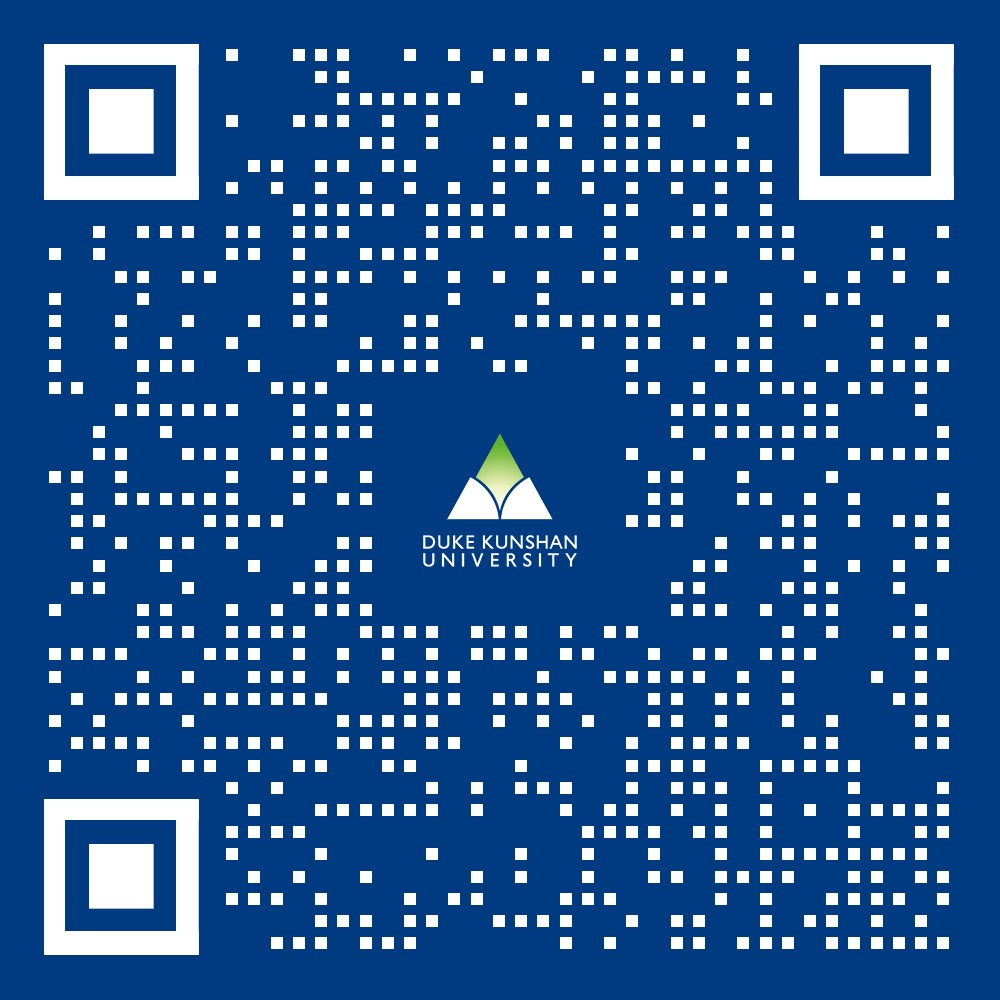National Natural Science Foundation of China (NSFC) and U.S National Science Foundation (NSF) are calling for proposals for Collaborative Research and Exchange Projects on the Ecology and Evolution of Infectious Diseases 传染病的生态学与演进.
In 2024, all parties will continue to jointly work on collaborative research projects and exchange projects in the field of “Ecology and Evolution of Infectious Diseases (EEID).” Support will be provided for collaborative research involving scientists from China and the United States, or from both countries in conjunction with scientists from the United Kingdom and/or Israel. Additionally, the establishment of new collaborative networks among scientists from China and the U.S., or China, the U.S., and the U.K., will be encouraged.
You could visit their official website for more information: 2024年度国家自然科学基金委员会与美国国家科学基金会“传染病的生态学与演进”合作研究与交流项目指南.
Budget Total:
Collaborative Research Projects:
- The funding for approved projects from the Chinese side is up to 4.5 million RMB in direct costs.
- This includes research funds and international travel expenses (economy class airfare) for Chinese researchers, as well as living expenses abroad and other costs closely related to the exchange activities.
- The funding scale for this collaborative research project is approximately 2 projects.
Collaborative Exchange Projects:
- The funding from the Chinese side for approved EEID Research Coordination Network (RCN) projects is up to 1 million RMB in direct costs.
- This includes international travel expenses (economy class airfare), living expenses abroad, and other costs closely related to exchange activities for Chinese researchers.
Priority Areas: The project includes organizing international (regional) collaborative research projects (referred to as collaborative research projects) and international (regional) collaborative exchange projects (referred to as collaborative exchange projects).
Collaborative Research Projects:
- The EEID project supports interdisciplinary research on the ecological, evolutionary, physiological, and social rules and processes that affect the dynamics of infectious disease transmission.
- Project applications should focus on quantitative, mathematical, or computational analyses of pathogen transmission dynamics.
- They should involve the development and testing of mathematical or computational models that can comprehensively describe infectious disease systems and uncover patterns of disease transmission.
- More details for research topics or specific requirements, please refer to: 2024年度国家自然科学基金委员会与美国国家科学基金会“传染病的生态学与演进”合作研究与交流项目指南.
Collaborative Exchange Projects:
- The EEID Research Coordination Network (RCN) project aims to facilitate the establishment of new collaborative research networks among researchers who already have a strong research foundation in the field within the participating countries.
- The network focuses on issues in the ecology, social ecology, and evolution of infectious diseases. It aims to explore innovative approaches for implementing new collaboration mechanisms, training, expanding participation, and applying collaborative techniques and data. The goal is to address interdisciplinary challenges related to EEID.
- The project encourages the participation of young scholars, postdoctoral researchers, graduate students, and undergraduates. Applications based on existing collaborative networks will not be funded. For specific details on the funding areas, please refer to Attachment 1.
Project Period:
- Collaborative Research Projects: the research duration in the application should be filled out as: January 1, 2026 to December 31, 2030.
- Collaborative Exchange Projects: the research duration in the application should be filled out as: January 1, 2026 to December 31, 2030.
Eligibility:
Collaborative Research Projects:
- Holding a senior professional technical position (title) 高级专业技术职务(职称)and principal research scientist 研究员.
- As the PI, the applicant is currently undertaking or have previously undertaken a NSFC project with a duration of 3 years or more.
- Have a good foundation of collaboration with foreign (or regional) collaborators.
- For more information, please refer to the “2024 NSFC Project Guidelines”.
Collaborative Exchange Projects:
- The project leader who is currently undertaking a NSFC project with a duration of 3 years or more, ending on or after December 31, 2025 (excluding collaborative exchange projects).
- Or a participant in a NSFC project with a duration of 3 years or more, ending on or after December 31, 2025, who holds a senior professional technical position (title) or a doctoral degree, or who has the recommendation of two senior professional technical staff members in the same research field, with the consent of the current PI.
- Both domestic and international applicants should have a solid research foundation in the EEID field.
- For more information, please refer to the “2024 NSFC Project Guidelines”.
Quota Requirements:
- Applicants (excluding main participants) may only apply for one international (regional) collaborative research project in the same year.
- Those who are currently leading an international (regional) collaborative research project cannot apply as an applicant for the collaborative research projects listed in this guideline.
- When applying as an applicant and serving as a PI for the collaborative research projects listed in the guideline, the total number of projects applied for and undertaken by those with senior professional technical positions (titles) is limited to 2 (there is no limit for main participants).
- Other restrictions on the number of applications are detailed in the “2024 NSFC Project Guidelines”.
Application Process:
- Apply online through https://grants.nsfc.gov.cn. Detailed steps, please refer to: 2024年度国家自然科学基金委员会与美国国家科学基金会“传染病的生态学与演进”合作研究与交流项目指南.
- Prepare a budget for the project based on the guidelines.
Language: Chinese
Internal Deadline: 12:00 pm, Wednesday, November 13, 2024
If you are interested in applying for this funding opportunity, please submit your proposals via NSFC system by the internal deadline.
See attachment 1
See attachment 2
 苏公网安备 32058302003266号
苏公网安备 32058302003266号

